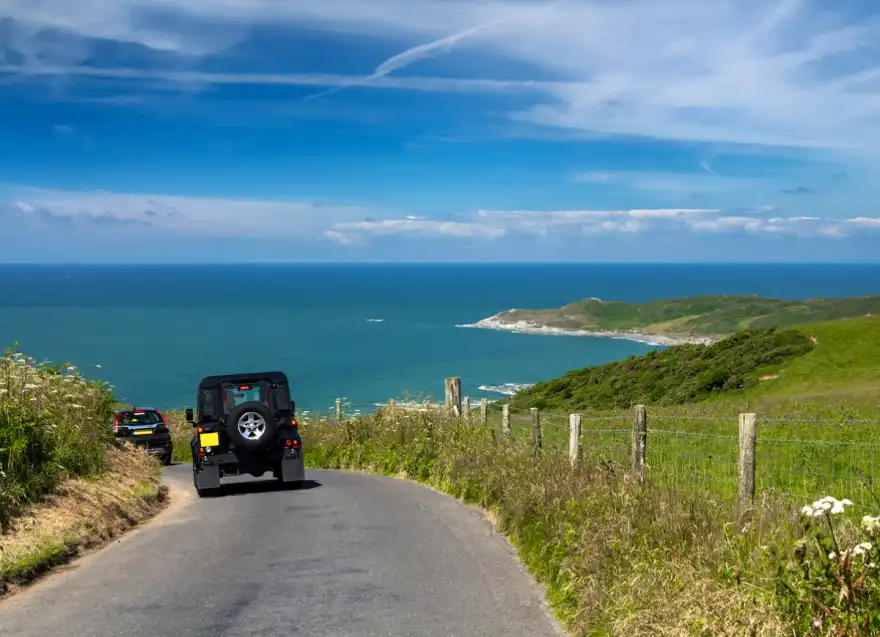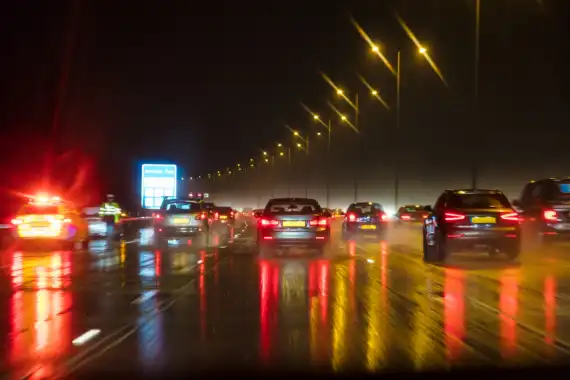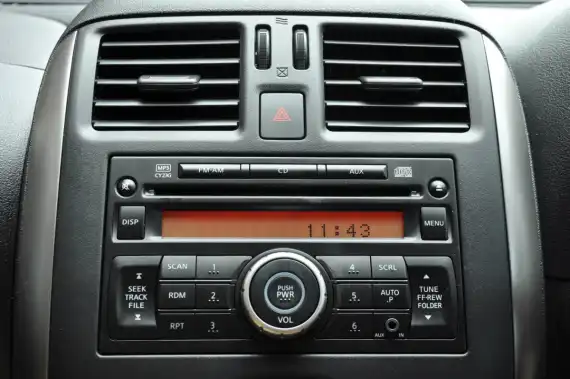
Deaths increase as clocks go back
British Summer Time must be permanently adopted as winding the clocks back in winter makes the roads more dangerous and ‘kills people’, the Royal Society for the Prevention of Accidents claims. The safety charity therefore supports the European Commission’s proposal to stop the mandatory 1 hour, twice yearly, change that extends usable daylight hours in summer but reduces them in winter.
As justification, the safety charity claims there is a ‘marked spike’ in the number of vulnerable road users killed and seriously hurt when the clocks go back. Consider 2017, for instance. In September – before the clocks went back – 37 pedestrians were killed. The figure then rose after the October change. For example:
- November 2017: 63 pedestrian deaths
- December 2017: 50 pedestrian deaths
Chief Executive, Errol Taylor, explains: “Clock changes were first introduced in 1916 to reflect the needs of a nation at war. However, our priority now should be the prevention of road accidents that cause injury and death. We know the clock change kills people. Road casualty rates increase with the arrival of darker evenings and worsening weather conditions’, Mr Taylor adds.

Protect vulnerable road users
The Royal Society for the Prevention of Accidents makes further statements to support its case and add context. For example, permanent British Summer Time would ‘most benefit’ vulnerable road users such as ‘children on the way home from school’. 3pm is a peak time for accidents during the working week, after all. Furthermore:
- Following the European Commission’s proposal to end the legally required, twice annual, clock change the Members of the European Parliament voted 410 (in favour) to 192 (against)
- If the proposal becomes law, it is likely to be implemented from 2021
- The United Kingdom is currently required to swap from British Summer Time to Greenwich Mean on the last Sunday of October
Further benefits

Permanent British Summer Time might do more than improve road safety, the charity suggests. People might be inclined to travel more, for example. This might make them more likely to spend time in leisure outlets, shops, and other establishments. This, in turn, might make the businesses more profitable and increase the nation’s tax yield.
The Royal Society for the Prevention of Accidents also suggests many older people feel ‘curfewed by the darkness’ and trapped indoors. Longer, lighter, evenings might therefore improve their quality of life. Furthermore, the extra light might reduce energy bills as people become less reliant on the artificial alternatives.




